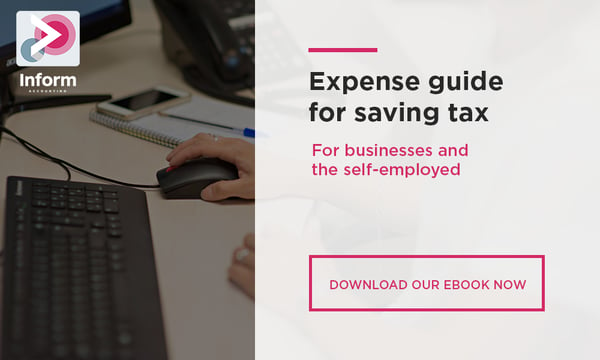BLOG
Buy-to-let or furnished holiday letting?

When looking for an investment property, there are various decisions that need to be made. If the intention is to let the property, one consideration is whether to go down the buy-to-let route or whether to look at a holiday let.
From a tax perspective, holiday lets that qualify as furnished holiday lettings have their own tax rules, which can be more beneficial than those for unincorporated property businesses. However, to qualify there are stringent tests that must be met.
Tax rules – Buy-to-let
Rental income from a traditional buy-to-let investment is taxed under the property income rules, and unless the landlord opts to operate through a limited company, the relevant rules are those for unincorporated property businesses. Under these rules, all rental properties owned by the same person or persons form part of the same property rental business, and profits and losses are computed for the property rental business as a whole.
The landlord’s rental profit (or his or her share of the rental profit) forms part of their income chargeable to income tax. It is taxed at the appropriate marginal rate to the extent that the individual’s total taxable income exceeds their personal allowance.
Key features of the tax regime for unincorporated property business are as set out below.
- The cash basis is the default basis where rental income is £150,000 or less – a landlord who is eligible for the cash basis must opt for it not to apply if they wish to compute profits using the accruals basis.
- Relief for interest and finance costs are given as a basic rate tax reduction, rather than deduction in calculating taxable profit.
- Losses can only be carried forward and set against future profits of the same property rental business.
- Profits do not count as earnings for pension purposes.
Furnished holiday lettings
The tax regime for furnished holiday letting (FHL) is more akin to that for a trade and offers some advantages not available to those running an unincorporated property rental business .
- Interest is deductible in full in calculating the profits of the property rental business, meaning relief is obtained at the landlord’s marginal rate of tax.
- The landlord can claim capital gains tax reliefs for traders, such as business assets disposal relief, business asset rollover relief, gift relief and relief for loans to traders.
- The landlord is entitled to plant and machinery capital allowances for items such as furniture, equipment and fixtures.
- Profits from the FHLs count as earnings for pension purposes.
Where a landlord has FHLs and other lets, such as a buy-to-let, the profits from the FHL business must be worked out separately.
The tax regime for FHLs is only available to holiday lets that qualify as a FHL. To do this, the property must be in the UK or EU, it must be let fur
nished and it must three occupancy tests (for which see HMRC Helpsheet HS253).
Making a choice
In deciding whether to go down the buy-to-let route or furnished holiday lettings route, it is necessary to consider all relevant factors, not just the tax considerations. However, the differing tax regimes should be borne in mind when determining which route provides the best return on investment.
Get in touch
Get in touch with us today to find out how we can help keep you compliant, and benefit from our expert advice. Give our Business Development Manager a call on (0121) 295 8884, or email charlie.sangha@informaccounting.co.uk.




.jpg?width=1500&height=1000&name=amy-hirschi-K0c8ko3e6AA-unsplash-(5).jpg)

